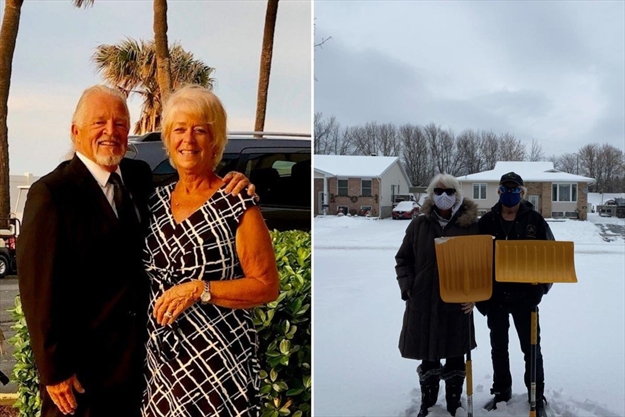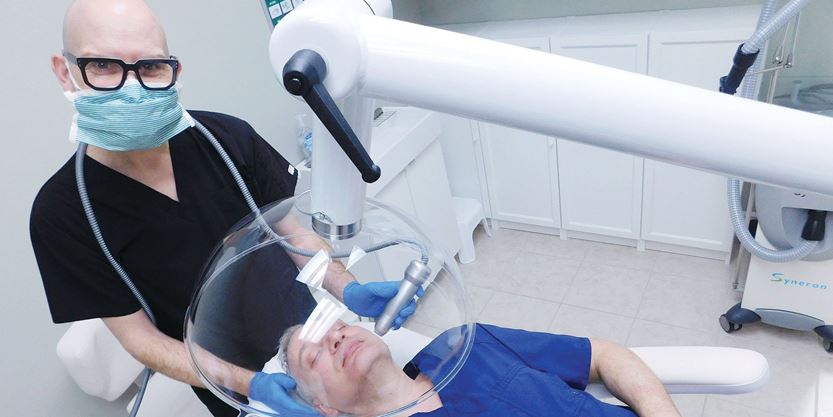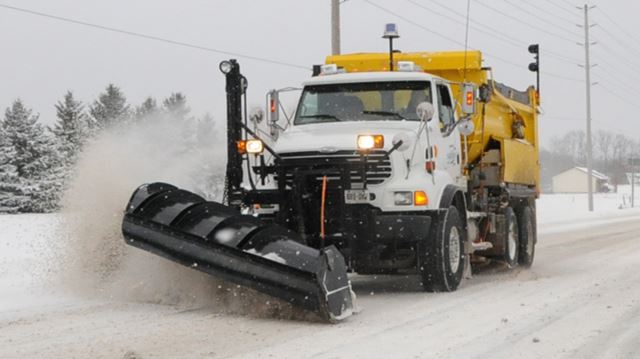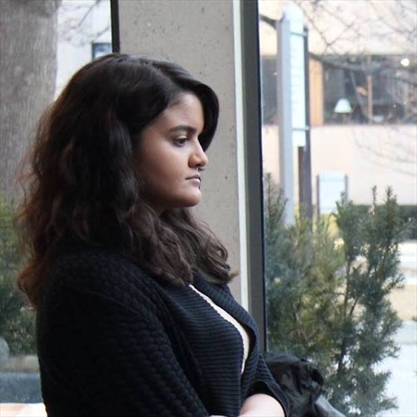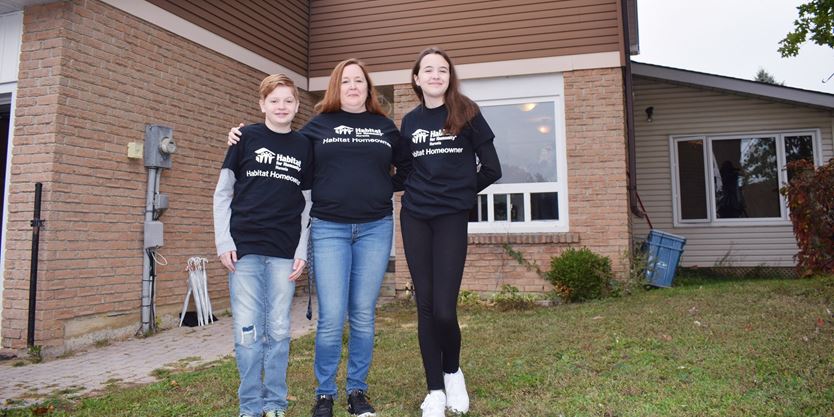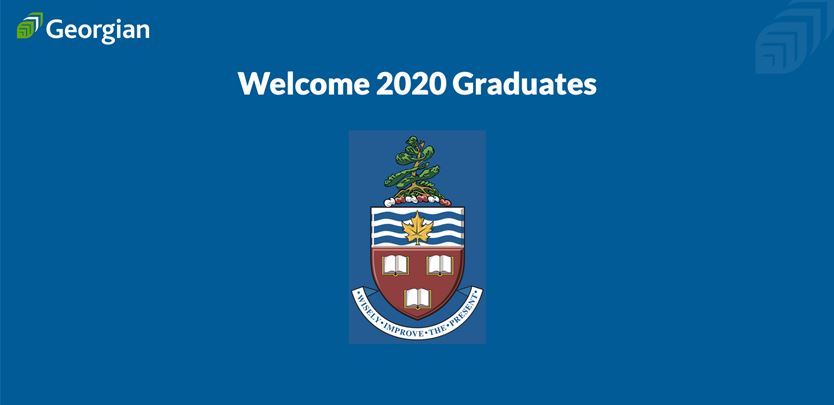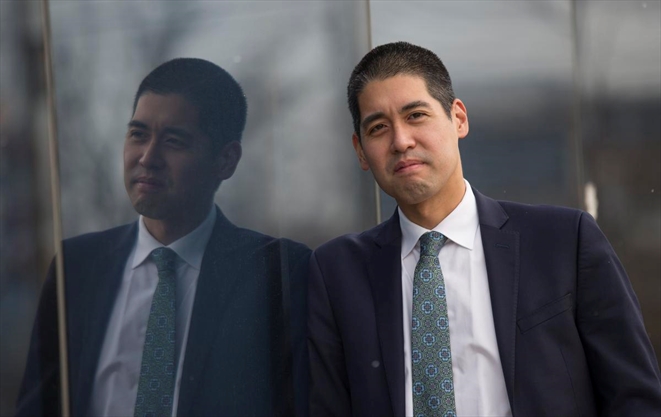A flock divided by COVID-19: As some snowbirds brace for first Canadian winter in years, others sit poolside in Florida
Normally at this time of year, Jeff Read and his wife, Dollie, would be at their vacation home in a gated community on Florida’s Atlantic coast.
The from Cornwall, Ont., typically spend their days at the pool or the beach. Read enjoys riding his Harley with a motorcycle club.
“It’s easy living,” says the 68-year-old retiree.

But when the Star caught up with Read this week, he was still in Ontario, staring out at a snow-covered driveway and seemingly resigned to the fact that the couple would be staying put this winter.
It is, after all, the year of .

In the same way Canadians coast to coast are having to wrestle with to see loved ones in other parts of the country this holiday season, snowbirds who escape to warmer destinations every winter are having to make tough choices: Do they visit the winter homes they’ve poured their retirement savings into or stay put and brave a Canadian winter?
The Canadian Snowbird Association estimates that 70 per cent of its 110,000 members will hunker down. The federal government has urged Canadians to avoid non-essential travel.

Read cited the ongoing closure of the land border as a big factor in their decision. He and Dollie usually like to drive down with their two dogs. Plus, he was worried about the pandemic.
According to U.S. media reports, the number of coronavirus cases per week in the state has tripled since Gov. Ron DeSantis reopened Florida in late September, lifting all restrictions on restaurants and other businesses and banning local fines against people who refuse to wear masks.
Florida now has the third-highest number of confirmed cases in the U.S. after Texas and California.
“There’s a lot of people that don’t like to be told what to do mask-wise,” Read said. “I don’t really feel like getting sick because somebody doesn’t want to wear a mask down there.”
So, he’d just purchased a whole assortment of winter essentials: a snowblower, snowbrush, boots, crampons, gloves and antifreeze windshield-washer.
Scroll through recent posts on a snowbirds Facebook group and it doesn’t take long to see the contrast in choices. While some members have been posting pictures of themselves on sun-drenched beaches and patios — “I am sitting in my lanai in Florida drinking my favourite wine for $10 at 10 p.m. in my shorts,” one snowbird posted recently — others have shared pictures of their snow-covered yards.
“I just bought a snow shovel … after 12 years,” Jarmila Pitterman, 76, of Kitchener, Ont., wrote, followed by two sad-faced, teary-eyed emojis.
Bob Slack also counts himself among those getting re-acquainted with snow gear.
Slack, past president of the Canadian Snowbird Association, and his wife normally spend their winters in Winter Haven, Fla., where they own a property on a golf course.
This will be their first winter in Canada in 23 years.
Slack, 78, of Athens, Ont., said he recently got snow tires and boots. His wife bought a new winter coat.
“We went to Canadian Tire today and bought a new shovel,” he said.
Like Read, Slack cited the land border closure and pandemic as key reasons for their decision.
“We get a report everyday from Florida with the number of cases in the state and in our county. Not looking great at all. If you get sick and the hospitals are full, what do you do?” he said.
While they’ll miss Euchre nights and Friday night fish fries at the clubhouse, Slack said he has regained an appreciation of the beauty of freshly fallen snow.
“The big thing we’re worried about is getting used to the driving again. When you haven’t driven on snow and ice in many years, you’re timid to go out.”
That’s exactly the reason Bruce Murray believes he and his wife, Heather Dodge, made the right call to flee Halifax for Largo, Fla., earlier this month.
“If you’re down here enjoying the sunshine, it’s healthier for you than shovelling snow or driving in winter … or depression or loneliness,” he said.
Murray, 57, said he and his wife never had any doubts about going south for the winter.
Before booking their flights, the couple, who purchased a mobile home in Largo last year, contacted friends in the area whom they trust and were satisfied it was safe to come down.
“We decided that we’d be healthier and just as well here as we would be in Nova Scotia,” he said, noting that, in recent days, COVID-19 numbers have climbed in the Atlantic region, as they have in other parts of Canada. (On Wednesday, Pinellas County, where Largo is located, topped 300 confirmed cases of COVID-19 for the second consecutive day. By comparison, Nova Scotia reported 16 new cases.)
Murray said they mostly cook at home but will occasionally do takeout from restaurants. Anytime they’ve ventured into a public space, such as Home Depot, people are masked, he said. Even people attending outdoor yard sales are masked, for the most part.
There is little congestion at the beaches or parks where they like to roller blade, bike and bird watch, he said. And when he had to go to the DMV to pick up licence plates for the used car he had purchased, it was by appointment only and the place was virtually empty.
Murray said the riskiest activity he and his wife engage in is probably pickleball, but they are careful about not touching their faces after handling the balls.
“We haven’t seen anything that’s scared us yet,” he said.
“Every morning we get up, the sun is shining, the birds are singing. If you don’t watch the news, we wouldn’t know COVID existed here, except for the masks.”
Brian Hoffman, 50 and newly retired, said he and his wife, Lesley, similarly have no regrets after coming down to their vacation home in Punta Gorda about a week ago.
“Cheap gas, cheap alcohol. Lots of sun,” he said.
The couple, of Lake Temagami, Ont., started coming to Florida four or five years ago. At first, they weren’t sure whether they’d make it down this year, but when they heard way to get themselves — and their car — across the border, they jumped.
They hired a company to ship their car across the border to Detroit and then hopped on a short charter flight from London, Ont., to Detroit where they reunited with their car.
During their runs to Costco or Wal-Mart for supplies, most people are masked and there’s plenty of social distancing, he said. Even though the state is pretty much “wide open,” most restaurants in their area seem have chosen to limit seating or do takeout only.
For the most part, they stick to their home.
“Usually we keep the pool at 85 and we’re floating and watching birds.”
Asked what advice he has for those sitting on the fence, Hoffman noted there are some parts of Florida, such as Miami-Dade County, that have far higher rates of infection than others. (On Wednesday, Miami-Dade County reported 2,120 new confirmed cases of COVID-19).
That said, “If they’re healthy and able to get insurance and able to come down responsibly and isolate appropriately and take the same precautions as they are taking at home, we haven’t seen a big difference. I would invite them to come down,” he said.
“You should live your life, as long as you’re responsible doing it.”
If snowbirds do decide to travel, they need to protect themselves, said Evan Rachkovsky, the snowbird association spokesperson.
“This includes purchasing sufficient travel medical insurance, with COVID-19 coverage, prior to their departure,” he said.
“There are several insurance providers placing $200,000 caps on COVID-19-related claims. This level of coverage, particularly when travelling to the United States, is inadequate. Snowbirds who choose to travel also need to follow quarantine requirements as well as health and safety protocols at the federal, state and local levels.”
Late Wednesday, Read notified the Star that he and his wife had had a change of heart.
They decided to book a flight for Florida for next month, after all.
The “cold” and “dampness” from spending part of the day shovelling and snowblowing may have been a contributing factor, he said.
The trip won’t be entirely for pleasure. They plan to put their home in Port St. Lucie up for sale. While they would like to have gotten another five years out of it, it was “costing me a small bundle to keep that place empty,” he said.
Read said he and his wife are now thinking of spending future winters down in Mexico, Cuba or Jamaica.
Asked about the worsening COVID-19 situation in Florida, Read said they have every intention of following the same precautions they’ve been following in Canada down in Florida.
“Grab the groceries and get out.”
With files from The Associated Press
Douglas Quan is a Vancouver-based reporter for the Star. Follow him on Twitter:
